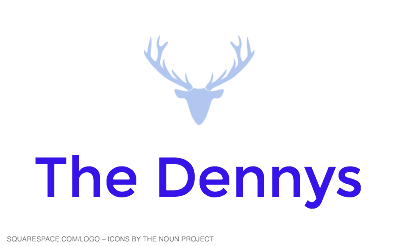The first excursion for the day involved a 150 km drive southwards from Turmi to the town of Omorate which is the border town and immigration centre for crossing between Ethiopia and Kenya. Kenya is 15 km from Omorate and we were required to produce passports even though we didn’t cross into Kenya. The road was dusty and rough but is being progressively reconstructed and widened by contractors from China. Omorate town is built on the banks of the mighty Omo river which takes water from the Ethiopian highlands to Lake Turkana on the border between Ethiopia and Northern Kenya. Very large areas of highly fertile alluvial soil exist and cotton production is being developed in this region using the Omo River for irrigation. This may have long-term problems if the water flowing southwards is depleted as was the case with the Aral Sea.
We all scrambled down the steep bank of the Omo River and clambered into dug-out canoes (3 passengers + oarsman) to cross the 100m wide river which brought us to the village of the Galeb (Dassenech) people. We spent an hour or so in their village which has very low circular huts built from sticks and dried mud. Often the thatched roofs are supplemented by sections of corrugated iron. The women were mostly attired in animal skins (monkey and cheetah) and often carry large earthenware pots on their heads. These people are nomadic and move from place to place wherever there’s adequate food for their animals (predominantly goats). The village children pestered us for photos for which the going rate was 3 birrs. To photograph adults was 5 birrs but it became tricky if the mother was holding a child. Much negotiating went on and the price decreased as we were about to leave.
After a further dug-out canoe ride, we then returned northwards and visited the weekly Dimeka market after which our three drivers arranged a picnic lunch for us.
The highlight of the day was then the afternoon Evangadi dance and bull jumping ceremony. These are Hammer tribes people and the dance ceremony involves women (mostly young) dancing and chanting whilst moving in circles adjacent to young men who jump high vertically whilst holding their whips. The women have dozens of small bells around their ankles and the noise they create adds to the atmosphere of unbounded excitement for the group. Occasionally a female would break from the group and “request” to be whipped. A male suitor would strike the girl across her back with a stick leaving a bleeding wound which seemed to not deter the girl at all. Many of the 20 or so dancing girls had blood running down their backs. The ceremony is supposed to represent preparedness to withstand pain for the one you wish to marry. The wounds are then treated with fire ash which results in the wounds developing raised scars which are then visible to the world as signs of commitment.
This dance and whipping ceremony went on for about 3 hours and then the bull jumping commenced. One young man (about an 18 year-old) was to undertake this task today as part of his transition from youth to manhood. Ten or so smallish bulls were brought into an open area where a highly enthusiastic and chaotic group of men attempted to get the cattle to line-up side by side. After much effort and some injuries inflicted by angry bulls eventually the event could start. The completely naked youth then had a run-up across open ground and then leapt onto the first bull’s back and then ran across the other 9 bulls before returning to the ground. He then repeated the task in the other direction without fault. Then he did it once more which was sufficient evidence for the tribal elders to acknowledge that he was now a man which means he will be ready for marriage and will wear different attire indicating his new status. Had he failed or fallen several times he would not be allowed to attempt the task for a further twelve months.
After a great day with much excitement and unusual entertainment we headed westwards towards the border with South Sudan, our over night stop being at the town of Jinka. This travel at night which took us about three hours was once more on dusty and corrugated roads! Even in the darkness there were dozens of people wandering along the road and we had to weave in amongst cattle sleeping on the road. At the Jinka Eco Resort we are accommodated in safari tents with very cold showers.






